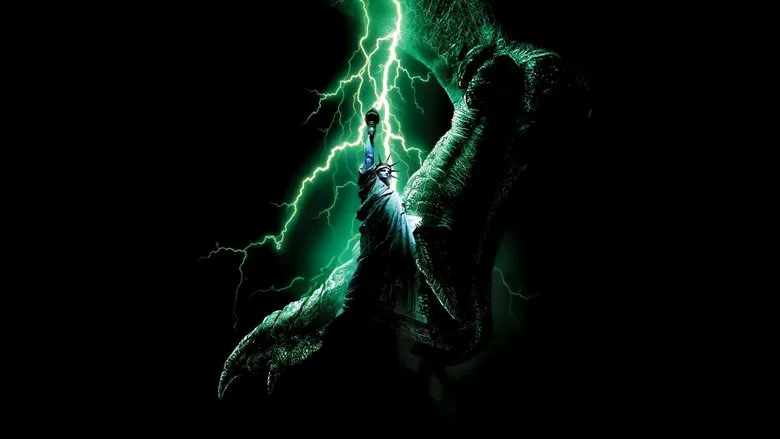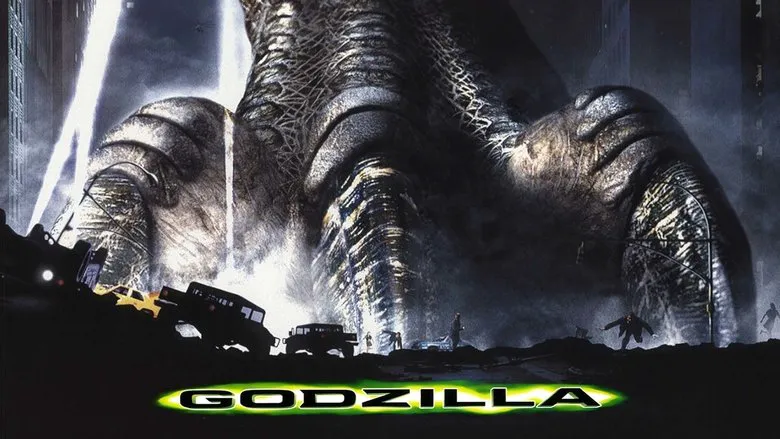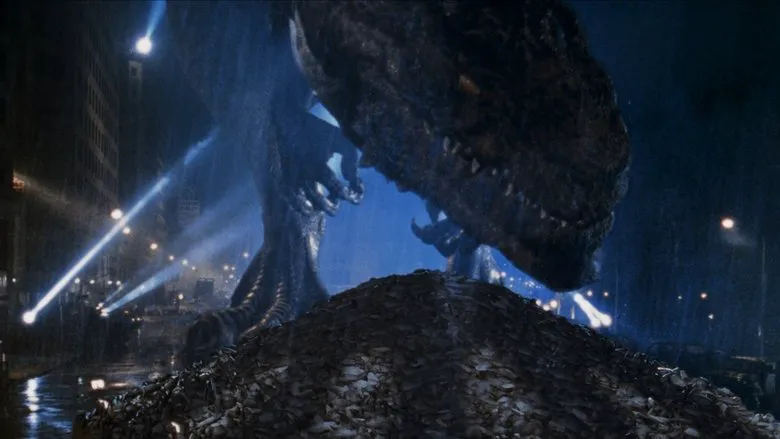Godzilla: A Saga of Destruction and Rebirth
Godzilla, a cultural icon deeply embedded in our collective consciousness, has captivated audiences worldwide with its unique allure and profound symbolism since its debut on the silver screen in 1954.

From initial fear and avoidance to eventual empathy and understanding, Godzilla’s cinematic portrayal has undergone a complex and multifaceted transformation. Crucially, it has evolved from a symbol of terror to an emblem of environmentalism, and ultimately, a mirror reflecting humanity’s introspection and self-critique.
The Evolution of a Monster
From Atomic Nightmare to Environmental Guardian
The original 1954 “Godzilla” film depicted a colossal lizard, mutated by atomic bomb radiation, wreaking havoc on cities like Tokyo. In this seminal work, Godzilla embodies the direct consequences of human technological advancement and environmental degradation. Its emergence served as a stark reminder of the terrifying power of nuclear radiation, prompting profound reflection on humanity’s actions.

As the franchise progressed, Godzilla’s persona gradually shifted from a terrifying menace to a protector of the environment. The 1999 “Godzilla” film portrayed the monster as a heroic guardian of Earth’s ecological balance, vanquishing creatures that threatened the environment and defending humanity’s right to survival. This transformation mirrored growing global awareness of environmental issues and a re-evaluation of the relationship between nature and technology.
Godzilla as a Mirror to Humanity
The 2014 “Godzilla” film elevated the monster’s image to new heights. In this iteration, Godzilla is not only an environmental guardian but also a mirror reflecting humanity’s introspection and self-critique. The film uses Godzilla’s character to deliver a powerful critique of human arrogance and hubris, reminding us to respect nature and all life.

A Lasting Legacy
From a symbol of terror to an environmental protector and a mirror for human reflection, Godzilla’s evolving image reflects our deepening understanding of nature, technology, and the environment. This transformation has solidified Godzilla’s place as one of the most compelling and influential cultural icons in cinematic history.
Looking ahead, we can expect Godzilla’s image to continue to evolve, carrying new symbolic weight and captivating audiences worldwide. Godzilla is more than just a movie monster; it is a product of humanity’s self-reflection and a constant reminder as we navigate the future.